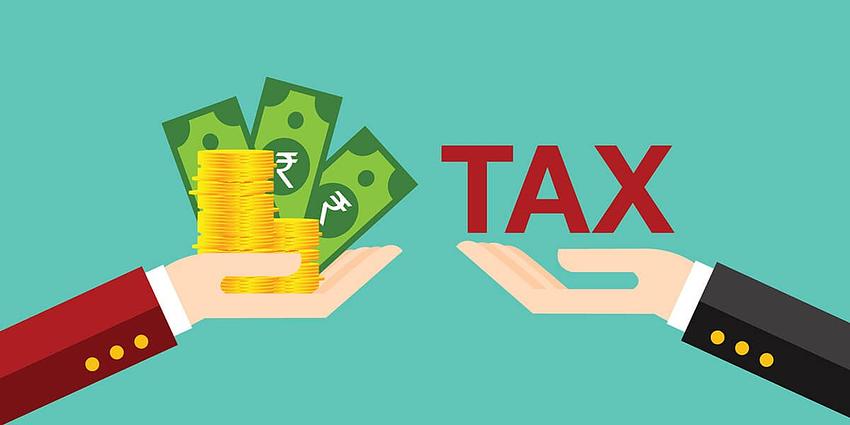Unraveling the Tapestry of Property Taxes in Phuket: A Comprehensive Overview

Phuket, the gem of Thailand's Andaman Sea, is not only a sought-after destination for sun-seekers but also a burgeoning hub for property investment. As prospective buyers explore the real estate market, understanding the intricacies of property taxes becomes paramount. This article aims to unravel the complexities of property taxes in Phuket, shedding light on the applicable taxes and their corresponding rates.
1. Local Development Tax:
The Local Development Tax, an integral part of property ownership in Phuket, is levied on both land and buildings. The rates for this tax vary based on the property classification, such as residential or commercial. Renovations and improvements can impact the assessed value, thereby influencing the amount due for the Local Development Tax. Property owners must be aware of these nuances to make informed financial decisions.
2. Land and Building Tax:
Introduced in 2020, the Land and Building Tax replaced the House and Land Tax Act. This tax is calculated based on the appraised value of both land and structures. Residential and commercial properties have different tax rates, and compliance is essential for property owners. The Land and Building Tax is an annual obligation, and understanding the valuation process is crucial for accurate tax assessment.
3. Specific Business Tax:
In property transactions, the Specific Business Tax comes into play when selling a property within a specific timeframe. If a property is sold within five years of ownership, the seller may be subject to this tax. The rate is applied to the higher value between the appraised value and the actual selling price. Individuals engaging in short-term property investments should carefully plan and factor in the implications of the Specific Business Tax.
4. Income Tax on Rental Income:
For property owners generating rental income in Phuket, income tax obligations come into play. Properly documenting rental income and related expenses is essential for accurate tax declarations. Understanding the applicable income tax rates ensures compliance with local regulations and avoids potential penalties.
5. Tax Rates:
While specific tax rates are subject to change and should be verified with local authorities, a general understanding can provide a starting point for property owners. Local Development Tax rates typically range from 0.2% to 1%, while Land and Building Tax rates vary from 0.01% to 2%. The Specific Business Tax is set at 3.3% for the sale of properties within the initial five years of ownership.
As Phuket's property market continues to attract investors, a comprehensive understanding of the associated taxes is indispensable. Prospective buyers and current property owners should stay abreast of any changes in tax regulations and seek professional advice to navigate the evolving landscape. By staying informed, individuals can not only enjoy the beauty of Phuket's real estate but also manage their financial responsibilities effectively.


